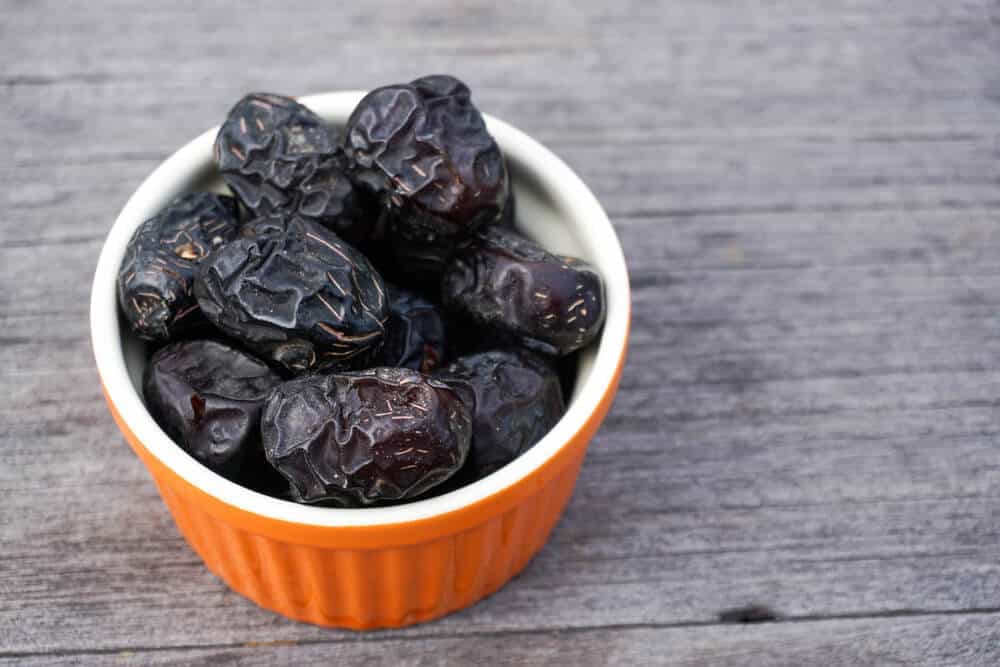
Malaysian Dates: Unveiling a Local Delicacy
Dates are a delightful and nutritious treat enjoyed worldwide. While countries like Morocco and California are often associated with date production, Malaysia offers its own unique date story. But are these “Kurma Malaysia” primarily homegrown or imported? And are there hidden gems of regionally specific dates waiting to be discovered? Let’s embark on a journey to unveil the fascinating world of Malaysian dates!
Domestic Delights or Imported Staples?
The extent to which dates are grown domestically in Malaysia compared to being imported is a fascinating question. Here’s what we can explore:
- The Rise of Date Cultivation: Date palm cultivation in Malaysia has been on the rise in recent years. The government has even implemented initiatives to encourage date farming, recognizing its potential as a valuable agricultural crop.
- Climate Considerations: Malaysia’s hot and dry climate in certain regions, particularly in the northern states, is suitable for date palm growth. However, it’s important to note that suitable conditions are not widespread throughout the country.
- Import Reliance: Despite growing domestic production, Malaysia still relies on imports to meet the overall demand for dates. Popular varieties like Medjool dates are often imported from established producers.
Unveiling Regional Gems
While imported varieties might be readily available, the question of regionally specific dates within Malaysia is intriguing. Here’s what we can investigate:
- Local Varieties: There are indeed some local date palm varieties grown in Malaysia. These might be less well-known than commercially popular types, but they offer a taste of Malaysian agriculture.
- Unique Flavors and Textures: Regional date varieties in Malaysia might have distinct characteristics compared to imported ones. They could be smaller in size, offer a different level of sweetness, or have a unique texture.
- Limited Availability: Due to their smaller-scale production, regionally specific Malaysian dates might not be as widely available as imported varieties. Finding them could involve visiting local farmers’ markets or specialty stores.
Exploring the Future of Kurma Malaysia
The Malaysian date scene is an evolving story with potential for growth. Here are some exciting possibilities:
- Expanding Domestic Production: With continued government support and research, domestic date production in Malaysia could increase, potentially leading to greater availability and affordability of Malaysian dates.
- Preserving Local Varieties: Efforts to identify, cultivate, and promote regionally specific Malaysian date varieties can add diversity and cultural significance to the country’s date landscape.
- Sustainable Practices: The adoption of sustainable practices in Malaysian date farming, such as water conservation and organic methods, can contribute to a more environmentally friendly date industry.
Conclusion: A Land of Dates, Both Imported and Homegrown
Malaysia’s date scene offers a delightful mix of imported staples and the potential for unique, homegrown varieties. While domestic production is on the rise, imports still play a significant role. The existence of regionally specific dates adds another layer of intrigue to the story. As the Malaysian date industry continues to evolve, it will be exciting to see how Kurma Malaysia carves its own niche in the global date market.
Key Highlights:
- Domestic date production in Malaysia is increasing, but imports still play a significant role.
- Malaysia boasts some regionally specific date varieties offering unique flavors and textures.
- The future of Kurma Malaysia holds promise for expanded production, preservation of local varieties, and sustainable practices.